The Ed's Up: Announcing my third book!
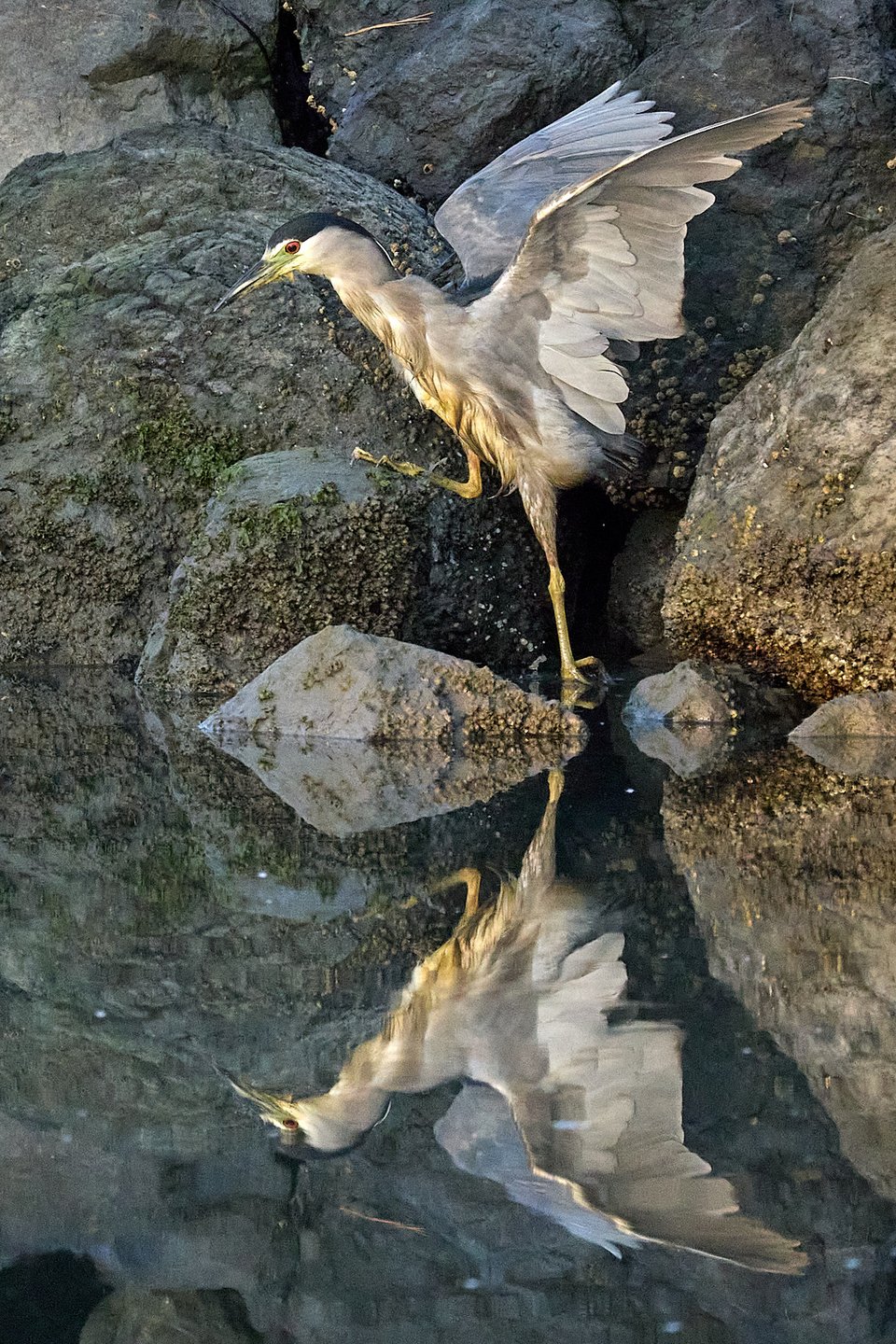
Announcing Book Three: The Infinite Extent
“Not till we are lost, in other words, not till we have lost the world, do we begin to find ourselves, and realize where we are and the infinite extent of our relations.” – Henry David Thoreau, Walden
The blue whale is the largest animal that exists and one of the largest to have ever existed. Its tongue weighs as much as two cars. Its earwax is the length of a forearm. Its 400-pound heart is the size of a golf cart and, during a dive, can slow to just two beats per minute. Its mouth can engulf a volume of water close to the size of its own body, and swallow half a million calories in one gulp. To find such mouthfuls, it relies on decades’ worth of accumulated memories to guide continental-scale migrations.
In my last book, An Immense World, whale expert Chris Clark told me that to imagine a blue whale’s existence, “you have to stretch your thinking to completely different levels of dimension.” The more I thought about his sentiment, the more I realized it applied to every living thing, and dimensions beyond mere size. The hummingbirds hovering in my garden in Oakland live so frenetically that they still appear as blurs on my phone’s slow-motion settings. Two hundred miles away live bristlecone pines, millennia-old trees that have outlasted empires. This summer, I witnessed tens of thousands of shearwaters migrating past California on a global journey that began in New Zealand, while trillions of microbes played out their entire existence inside my gut.
Extremes are exciting. Records matter when they are broken. But appreciating the scales of life is about more than gawping at superlatives. It’s about seeing our world in new ways, unconstrained by the limitations of our bodies. It’s about gazing at biology as one might an impressionist painting, where different forms of beauty resolve into focus depending on your viewing distance. An Immense World argued that our senses provide us with a thin sliver of reality’s fullness, which can only be expanded by considering our fellow creatures. My third book—The Infinite Extent—will take that concept and run with it, in every conceivable direction.
The is a book about how animals, plants, microbes, and other forms of life thrive at the edges of space and time, geography and longevity, connectivity and identity. It’ll cover variation along scales that are obvious, like size and age, and those that are less so, like individuality and influence. It is about how unreal reality can be for the titanic and the miniscule, the frantic and the torpid, the long-lived and the ephemeral, the hyperlocal and the planetary, the individual and the collective. It is about life at scales unfamiliar to us—life in its glorious, infinite extent.
The book will be animated by the same values that drove my other work—curiosity, empathy… and urgency, too. We live in a troubled era of existential crises that we are struggling to address—climate change, the loss of biodiversity, pandemics. All of these force us to think at scales beyond our normal experiences. We have to appreciate threats too small to see, violence too slow to feel, and global chains of influence too convoluted to comprehend. We must act collectively. We are not a small species; it is time to stop thinking like one.
In the passage from which this book’s title is derived, Thoreau writes about the transformative experience of getting lost in the woods—a disorienting moment that forces us to “appreciate the vastness and strangeness of nature”. But we don’t need to be physically lost to achieve that effect. We can instead journey through unfamiliar concepts and meander through strange new scales. And we can do so with a guide.
I Contain Multitudes was a call to appreciate the invisible microbes that profoundly influence our lives. An Immense World was a call to appreciate the imperceptible worlds that surround us and that other animals can sense. Both books were about understanding nature to its fullest extent. Both argued that doing so was crucial for our custodianship of the world and ourselves. The Infinite Extent will do the same, completing what I see as a trilogy of work. My goal is to seed readers with wonder, defamiliarize them with a world they thought they understood, and give them new ways of thinking about nature, the risks it faces, and our responsibilities towards it.
I'll be spending the next two years on this. It's a big idea, more ambitious and interdisciplinary than the first two books. It's the type of project I couldn't have pulled off five years ago, but that I now feel ready for. I'm excited to get started.
Wildlife photography
For folks who are new to this newsletter, I've taken up birding and wildlife photography, and am deeply enjoying both.
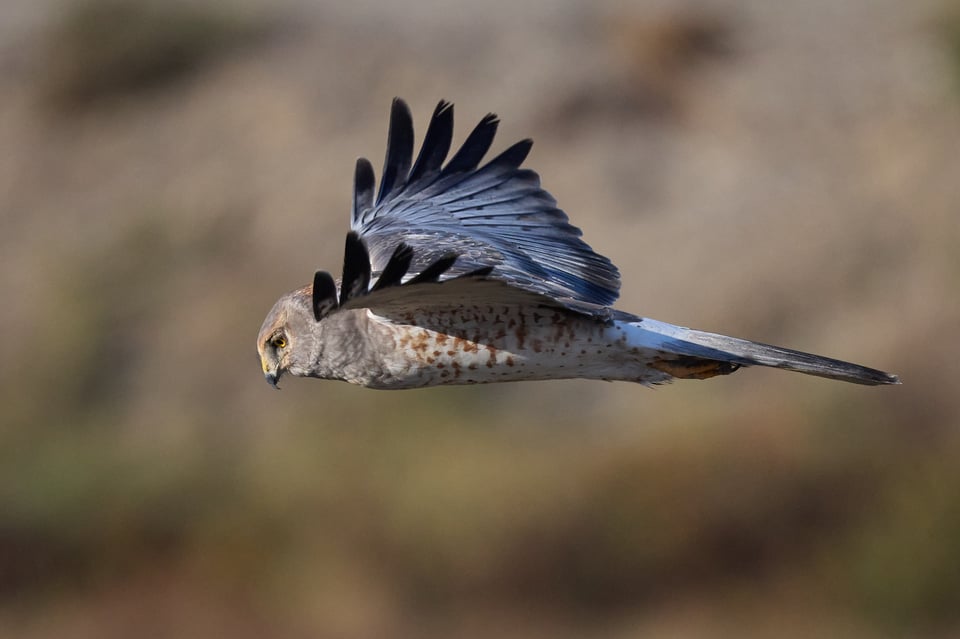
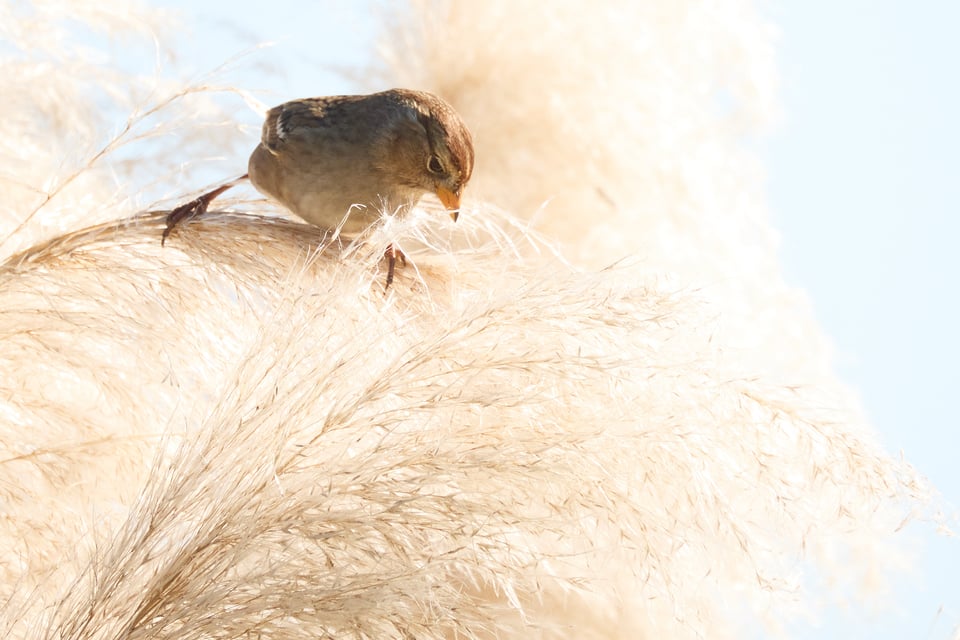
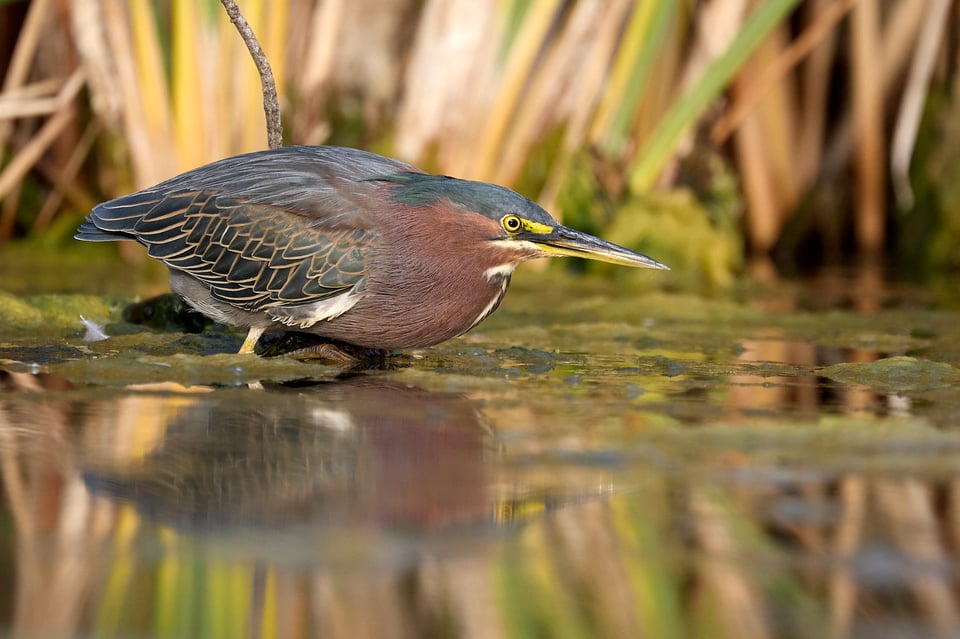
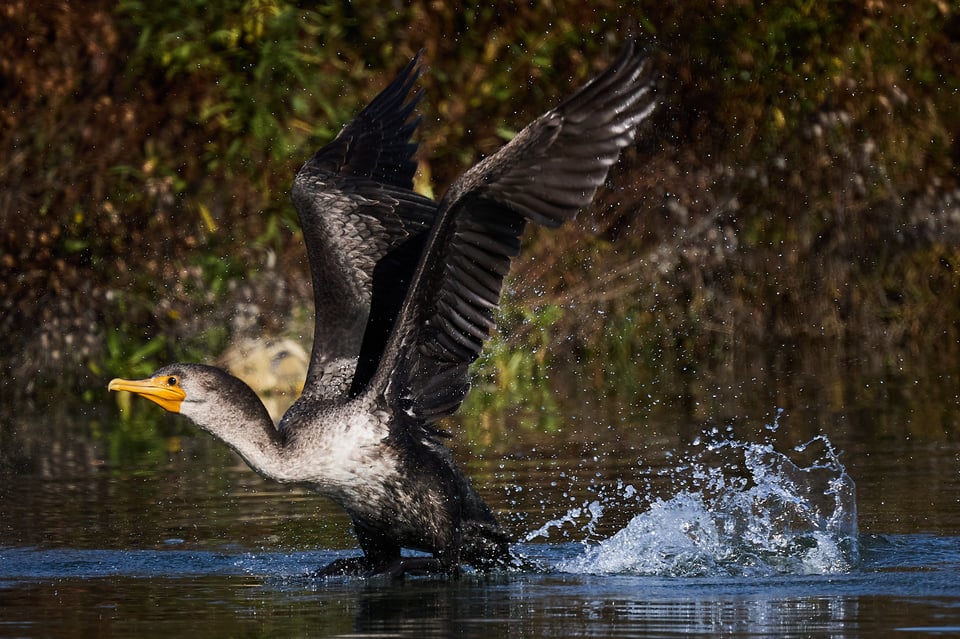
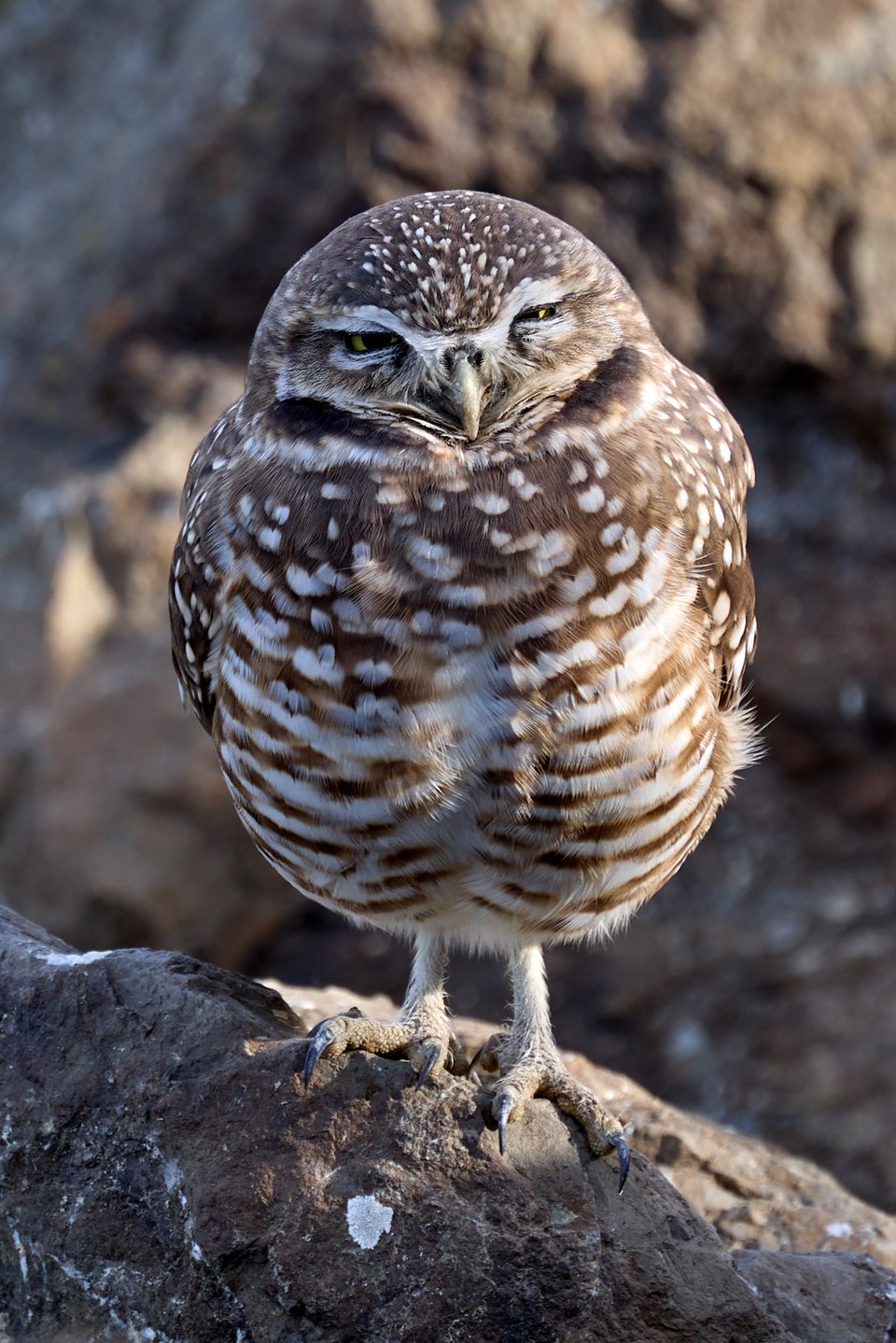
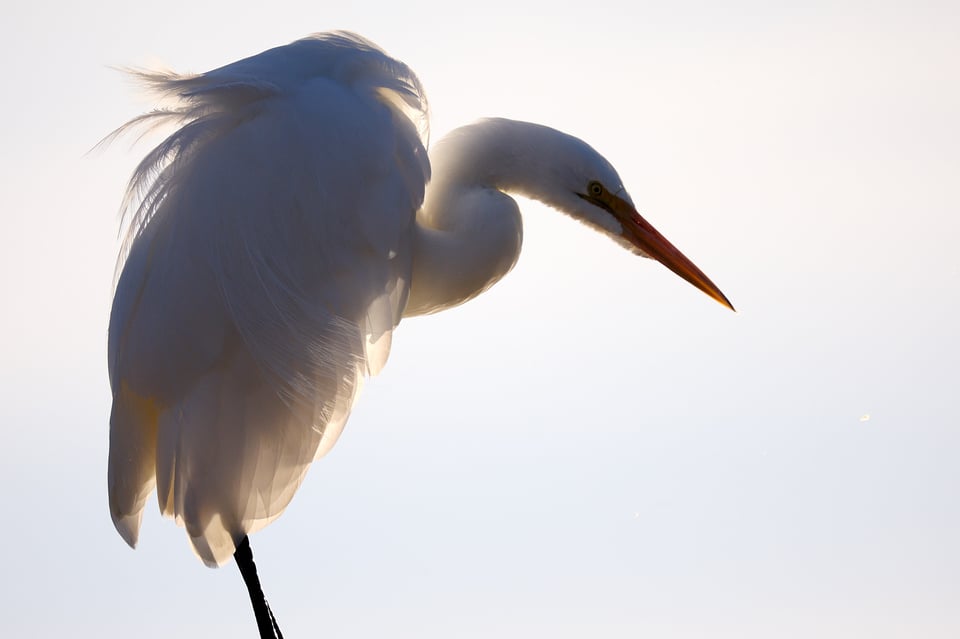
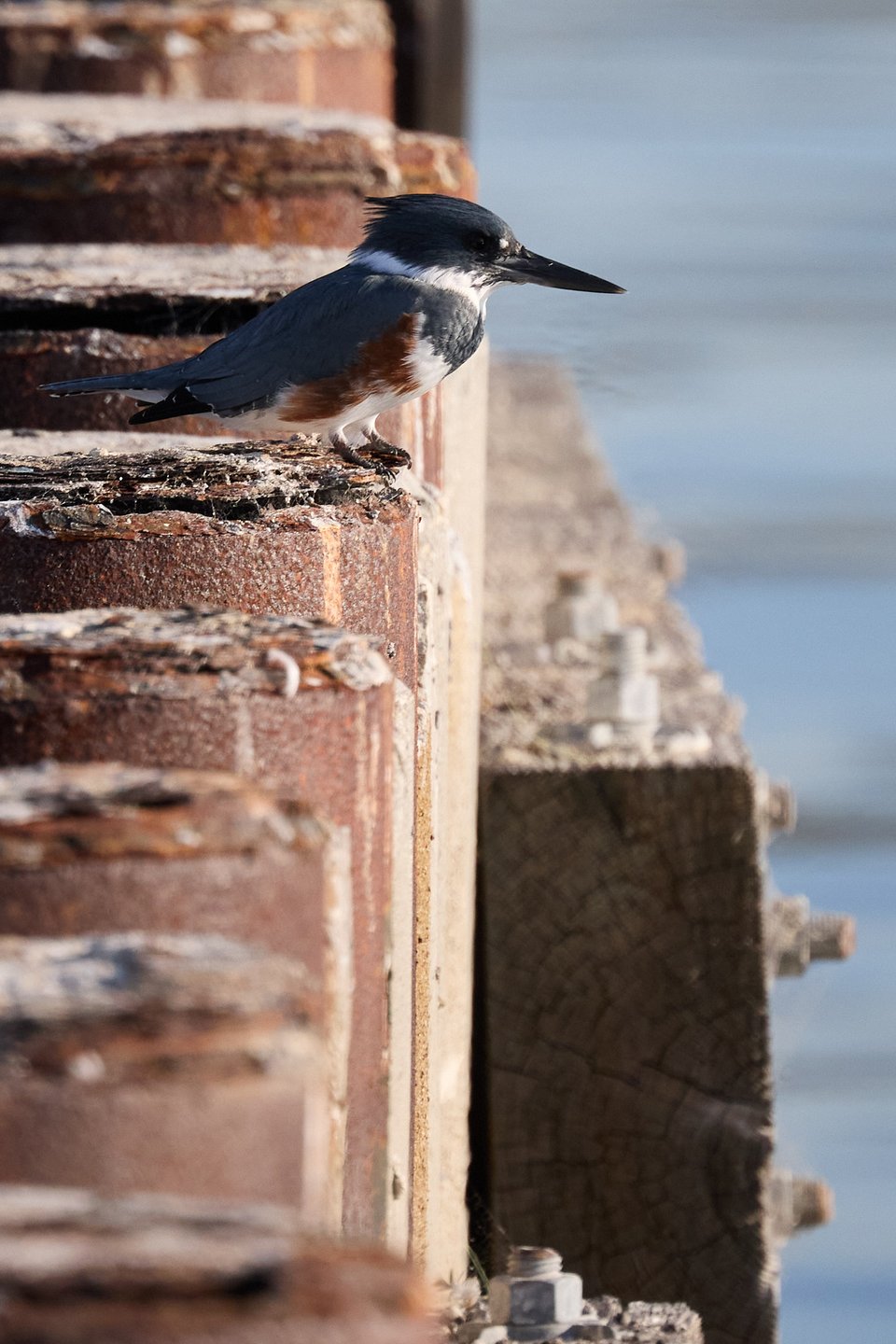
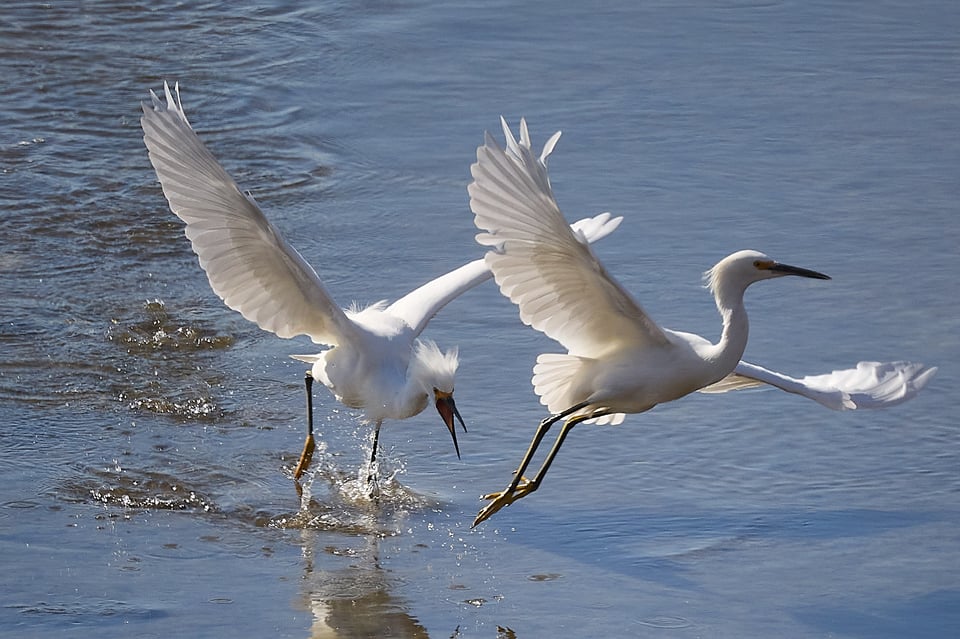
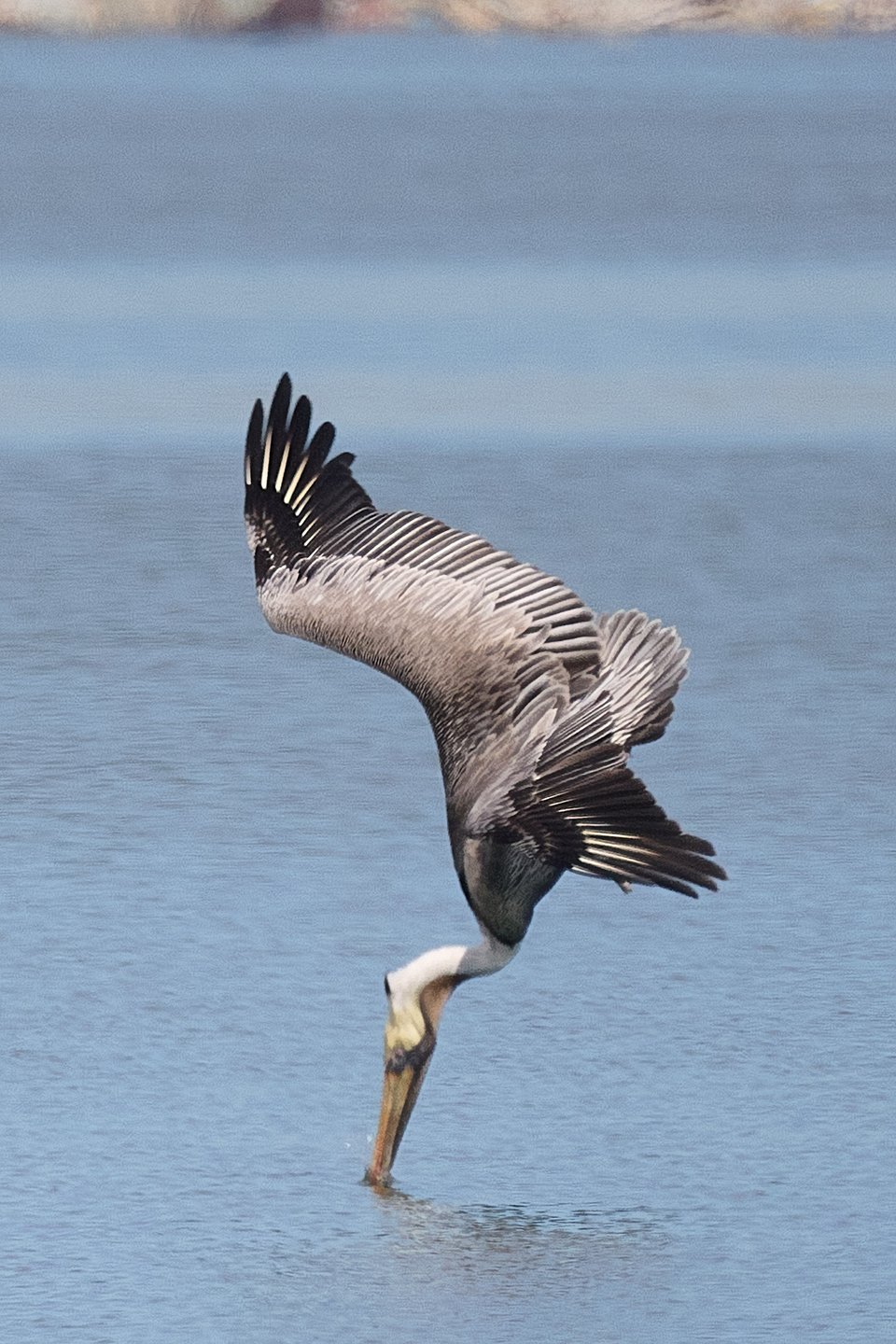
Gaza reading
Since the horrific attacks of October 7, Israel has killed 11,100 Palestinians in Gaza—one in every 200 people. That includes 4,500 children, which surpasses, in just over a month, the number killed across the world’s conflict zones in a typical year. Hospitals, refugee camps, UN shelters, churches, mosques, and ambulances have been bombed. Health facilities have become graveyards. Globally, Islamophobia and antisemitism are on the rise. Human rights organizations have called for a ceasefire—a position that enjoys clear bipartisan support in the U.S. Good writing won’t bring peace, but can offer clarity. To that end, here are pieces that I found useful. And for anyone who wants to do more, in the U.S. at least, the 5 Calls app makes it trivially easy to call your representatives.
***
“Every time I was told I’d humanized the Palestinians, I would have to suppress the question it invoked: What had they been before?” It’s truly hard to pick a single line to quote from The Palestinian Double Standard by Hala Aylan, and you should just read the whole thing.
“I have no need for revenge, nothing will return those who are gone.” Many of the survivors of the horrific Oct 7 massacres, and relatives of those killed or taken hostage, have come out to oppose the politics of retribution and revenge, as told by Orly Noy. Meanwhile, Ruth Margalit writes about the long wait of the hostages’ families.
“Like our patients, especially the children, this conflict will leave every one of us traumatized.” Hussam Abu Safyia, a pediatrician in Gaza, pleads: Please save us from this horror.
“How can a person make up for seven decades of misrepresentation and willful distortion in the time allotted to a sound bite?” Saree Makdisi on the challenge of explaining the Gazan situation.
“Through it all, you know that you are inadvertently funding your own torture.” Maysa Mustafa on the torture and hope of the Palestinian diaspora in the U.S.
“We have lost the ability to provide true care.” Three doctors talk about trying to save lives in Gaza. Since this piece was published two weeks ago, one of them, Hammam Alloh, was killed in his home by an airstrike.
“Gaza is not an abstraction. It is a shore and beaches and streets and markets and cities with names of flowers and fruits, not an abstraction but places and lives and people that are being bombed into oblivion.” Karim Kattam on living at the threshold of humanity.
I don’t recommend the Atlantic’s coverage in general, but those of you who still have subscriptions can find a few good pieces there: Adam Serwer explains why anti-Zionism is not antisemitism, and Yair Rosenberg writes about cases where anti-Zionism is antisemitism.
“If not for the war... I would be reading the books on my shelves. I would be riding my bike with my son, Yazzan, on the beach road. But now there are no books and no shelves and no beach road.” Mosab Abu Toha on what he has lost.
What we’re talking about when we talk about genocide, by Nicole Narea and Sigal Samuel.
Here are several interviews worth reading:
Rashid Khalidi, a scholar of modern Middle Eastern History and author of The Hundred Years’ War on Palestine, talks about the region’s politics and history, and what western coverage gets wrong.
Etgar Keret, an Israeli writer, on trying to make sense of these appalling weeks, and the feeling of “human deterioration” they bring.
Ta-Nehisi Coates, an American author and journalist, on what he learned from his visit to Palestine.
Daniella Weiss, a leader in of Israel’s settlement movement, on… erm… “why human rights should not be considered universal, and why she should not be expected to mourn for dead Palestinian children.” This is an Isaac Chotiner interview; as ever, it’s incredibly revealing.
And finally, a list of 40 books to understand Palestine, compiled by Lithub.
Other good pieces
Betsy Ladyzhets and Miles Griffis have launched THE SICK TIMES--a new digital newsroom devoted to covering long COVID. Here are their opening letters, and there's a newsletter you can subscribe to. I trust these folks and am excited to see where this goes.
This is small potatoes given global events, but it's big news in the bird world and a bold, good decision: The American Ornithological Society (or, as I think of it, Big Bird) is committing to renaming all English birds that bear the names of people. I wrote about why this matters, back in May.
Mariame Kaba and Melissa Gira Grant talk to the Death Panel podcast about “the library as a site of political contestation and a rare expression of the commons in contemporary US life, and how left organizers are fighting back against right wing attacks on public space.”
Lex McMenamin talks to young Floridians, who are fighting the “fresh-squeezed Florida fascism” of Ron DeSantis.
“We are, in other words, simply not making a dent. And so we are now in climate purgatory.” Zoe Schlanger on why the climate maths still aren’t adding up.
Chickens pass a very clever version of the classic mirror self-recognition test.
Future speaking events
Come say hi; please wear a mask
Nov 30 – Friends of the Hennepin County Library at Hopkins, Minnesota. I’ll be talking about An Immense World
Feb 9 & 10 - Newport Beach Public Library Foundation at Newport Beach, California. I’ll be talking about An Immense World
Feb 13 - Lenoir-Rhyne University at Hickory, North Carolina. I’ll be talking about An Immense World
Feb 15 - Transylvania University at Lexington, Kentucky. I’ll be talking about An Immense World
That's it for this week
As always, this newsletter is free, but you can choose to pay a monthly subscription (at whatever level you set) if you'd like to support my work.
Stay safe.